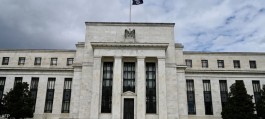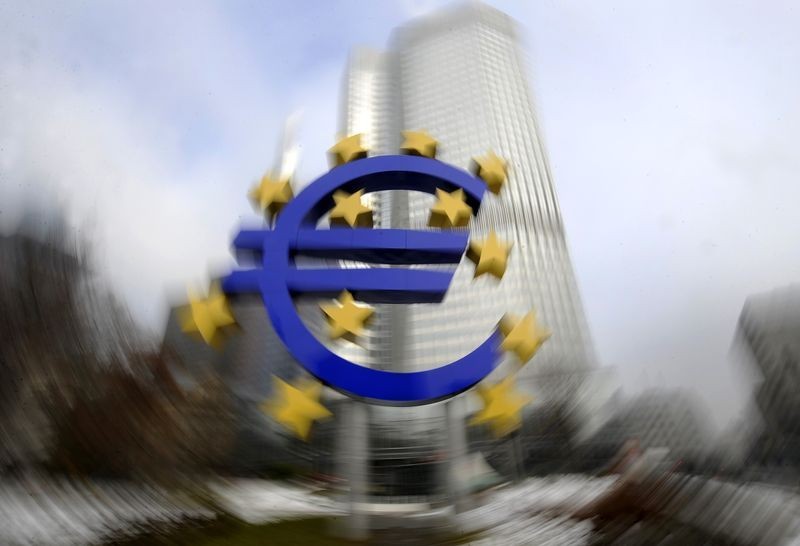European Union officials are expected to lower their 2026 growth forecasts next week as part of an assessment of the damage to the region's economy, a year after Donald Trump's return to the White House.
The forecasts, to be released in Brussels on Monday, are likely to highlight the cumulative impact of trade threats and tariffs imposed by the United States, along with the challenges of continued weakness in the German economy and political turmoil in France.
tariff war
The outlook in May was already bleak following Trump's market-busting announcement in April of a Freedom Day tariff, which included tariffs on eurozone countries, before he suspended the measure to pursue agreements. In the deal struck by Brussels officials with the United States in July, they ultimately accepted a 15% tariff on most European goods.
The repercussions for the current year have been less severe than expected. The European Commission had previously forecast a 0.9% increase in the Eurozone's GDP, and is likely to raise this estimate this time.
Weaker growth
As for 2026, hopes for a slight improvement to the 1.4% forecast in May are now unlikely, as the European Central Bank predicted growth of only 1% in its updated forecasts in September.
Frankfurt officials described the challenges of the current quarter at their last meeting: “High uncertainty, higher effective tariffs, the strength of the euro, and increased global competition are expected to curb growth.”
Real growth for the German economy is far from being achieved.
Trade uncertainty is only one part of the problem. Despite a surge in defense and infrastructure spending in Europe's largest economy, what would have been Germany's first real growth since the pandemic now seems less likely. The government's Council of Economic Experts has lowered its 2026 growth forecast to below 1%.
France's economy is hampered by political challenges.
In France, Europe's second-largest economy, political instability remains a persistent challenge. While growth there is showing resilience, uncertainty is subtracting nearly 0.5 percentage points from it, with at least 0.2 points attributable to political turmoil and discussions surrounding the domestic budget, according to the Bank of France.
Italy... a glimmer of hope
France is likely to record the worst deficit in the region, according to the EU's public finance forecasts. Italy stands out as a bright spot, having reduced its deficit to the EU's 3% of GDP limit faster than expected, and may even receive a credit rating upgrade from Moody's on Friday.
Bloomberg Economics Experts' Opinion
We expect Eurozone GDP growth to remain sluggish in the final quarter of this year at 0.1%. The economy may experience another period of weak business investment and weak external demand, due to heightened uncertainty and reduced purchases from across the Atlantic.
In other regions, the most anticipated developments this week include the potential contraction of Japan's GDP, a slowdown in British inflation, the release of long-delayed US jobs figures, and the possibility of interest rate cuts in Egypt and South Africa.






































